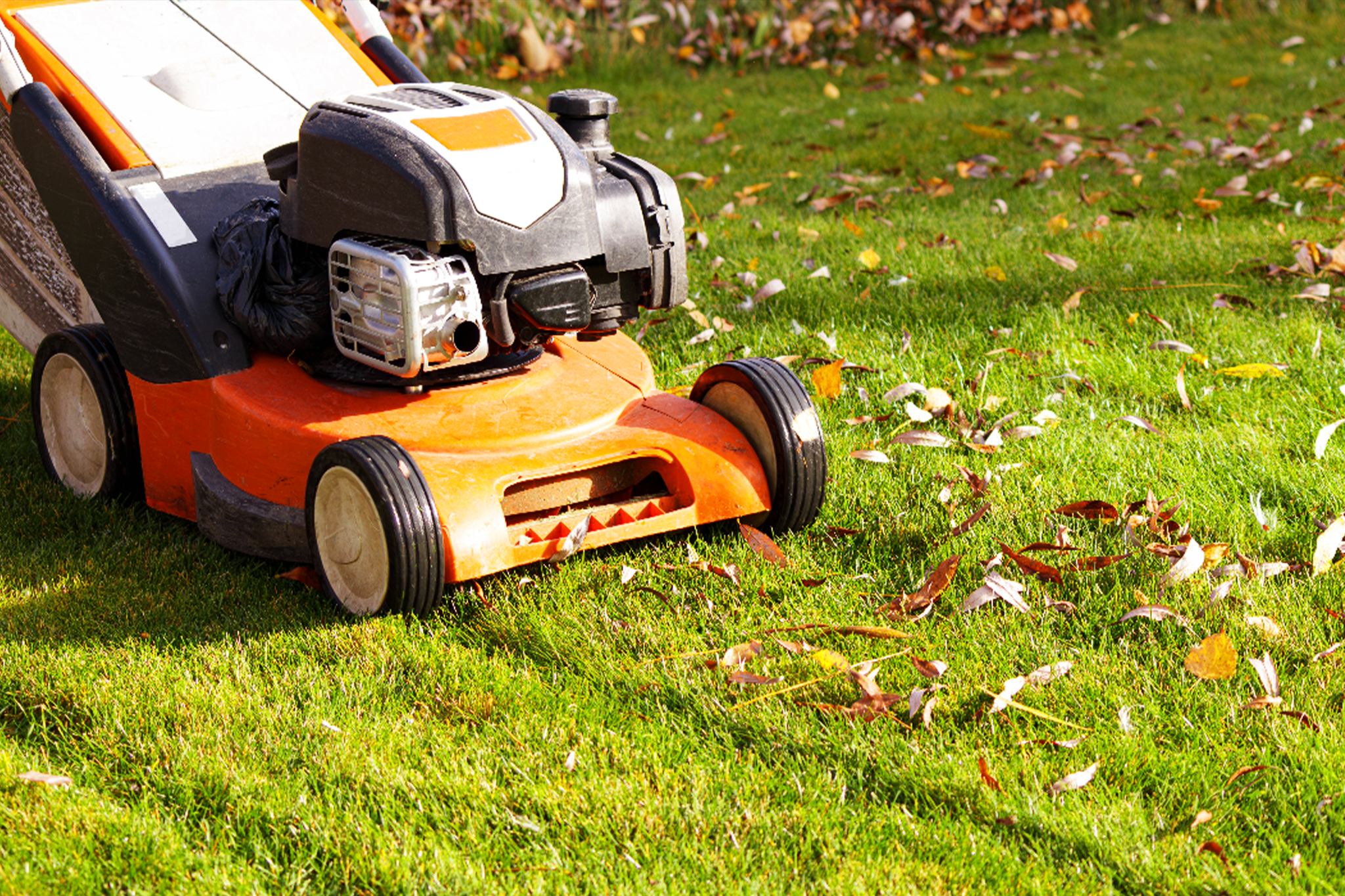
As November sweeps in and the leaves turn from vibrant green to shades of gold, orange, and red, it’s time to shift our focus from regular lawn maintenance to preparing our lawns for the upcoming winter months in Northeast Pennsylvania. Lawn Specialties, your trusted local lawn care experts, is here to guide you through the essential steps to ensure a healthy and vibrant lawn in the spring. In this comprehensive guide, we’ll cover November lawn care, winterization techniques, mulching leaves, and more, helping you protect your lawn during the harsh winter.
Understanding Your Lawn’s Unique Needs
The transition from fall to winter presents a unique set of challenges for homeowners in NEPA. Here are some crucial steps to take in November to keep your lawn in tip-top shape:
Mowing
• Continue mowing your lawn as needed, but gradually lower the mower deck as the grass growth slows down. Cutting the grass too short can stress it during the winter months.
Leaf Removal
• Keep your lawn free of fallen leaves, which can block sunlight and trap moisture. Regularly rake or use a leaf blower to clear the leaves.
Fertilization
• Apply a balanced, winterizing fertilizer to your lawn in November. This will help strengthen the grass roots and promote healthier growth in the spring.
Aeration
• Consider aerating your lawn to reduce soil compaction and improve the penetration of nutrients and water to the grassroots.
Preparing for Winter
Winterizing your lawn is a crucial part of NEPA lawn care. The harsh winter conditions can be challenging for your grass, so follow these steps to ensure it’s ready to withstand the cold:
Overseeding
• If your lawn has thin or bare patches, consider overseeding in late October or early November. This will help fill in gaps and promote a lush lawn in the spring.
Watering
• Continue watering your lawn as long as the ground is not frozen. Well-hydrated grass is more resilient during the winter.
Winter Pest Control
• Be on the lookout for pests like voles, which can cause damage during the winter months. Consider implementing preventive measures or contacting a professional for assistance.
Snow Removal Planning
• Prepare your snow removal equipment and have a plan in place to avoid damaging your lawn while clearing driveways and walkways.
Mulching Leaves
• Rather than simply raking and disposing of fallen leaves, consider mulching them into your lawn. This eco-friendly approach has several benefits:
a. Nutrient Recycling: Mulched leaves break down over time, returning essential nutrients to the soil. This natural process can reduce the need for additional fertilization in the spring.
b. Moisture Retention: Mulch creates a protective layer that helps retain moisture and insulate the soil, preventing it from drying out during the winter.
c. Soil Health: Mulching leaves encourages beneficial microbial activity in the soil, enhancing its overall health.Professional Lawn Maintenance
• While some aspects of lawn care can be managed by homeowners, it’s often beneficial to consult with a professional like Lawn Specialties for a comprehensive winterization plan tailored to your NEPA lawn. Professional lawn maintenance can include services like aeration, overseeding, and the application of specialized winter fertilizers, ensuring your lawn is adequately prepared for the cold months ahead.
As November arrives in Northeast Pennsylvania, it’s time to focus on winterizing your lawn and preparing it for the challenges of the upcoming season. By following the November lawn care tips outlined in this guide, mulching leaves, and considering professional assistance from Lawn Specialties, you can ensure that your lawn remains healthy and resilient throughout the winter. Don’t forget to water your lawn, apply the right fertilizers, and address potential pest issues to set the stage for a lush and vibrant lawn in the spring. Make the most of this time to invest in your lawn’s future health and enjoy a beautiful yard come spring.

